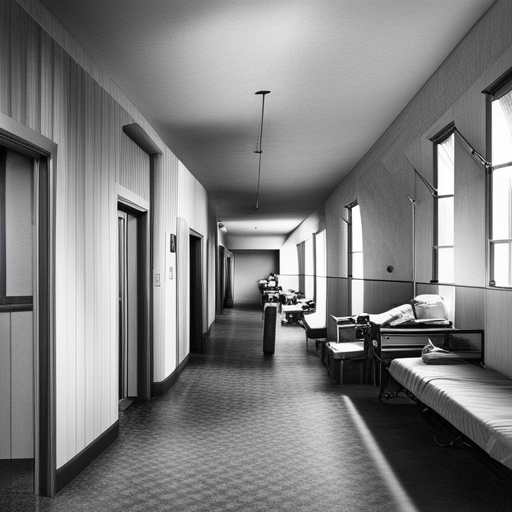An obstetrics and gynecology hospital treats women for a wide range of health issues related to the reproductive system. This includes birthing babies, conducting cancer screenings and diagnosing various pelvic conditions. Many hospitals have departments dedicated to these two specialties, including Chester County Hospital. It takes a certain type of physician to succeed as an OB/GYN, and effective communication is essential. According to Dr. Cherie Richey of Columbus Women’s Care, the field requires a strong personality and skills that make patients feel at ease.신논현산부인과
An OB/GYN is a doctor who has completed medical school and a residency in the female reproductive system. They treat a variety of conditions in patients, from puberty through menopause and beyond. In addition to their education and training, OB/GYNs are required to complete certification by the American Board of Obstetrics and Gynecology. This process involves reviewing and testing the OB/GYN’s knowledge of the reproductive system.

After medical school, an OB/GYN will spend four years in a residency program. During this time, they will work as apprentices for senior doctors in clinics and hospitals. After the residency is complete, an OB/GYN will be ready to start practice. Some will choose to pursue a subspecialty, like urogynecological surgery, maternal-fetal medicine, infertility and gynecologic oncology. Others will select a general gynecology fellowship.자궁근종로봇수술
A gynecologist can also diagnose and treat other conditions affecting the female reproductive organs, like endometriosis, uterine fibroids and cysts. They may prescribe medications and perform in-office procedures to treat these conditions. They can also provide treatment through minimally invasive surgical techniques, such as laparoscopy.
During a visit to their gynecologist, a woman will usually have an internal pelvic exam. This is when the gynecologist will use a tool called a speculum to open the vagina and allow them to see the cervix. They may also conduct a test known as a pap smear, which is an examination of the cervix to check for cancerous cells.
Besides examining the internal and external parts of the pelvis, a gynecologist can also examine the breasts and vulva. They can also perform a pelvic ultrasound, which is an imaging technique that allows them to view the fetus and the pelvic floor. Some gynecologists will specialize in one particular area of care, such as adolescent gynecology or menopause management. Other gynecologists will have broad interests in areas like adolescent gynecology, complex family planning, reproductive endocrinology and infertility, or gynecologic oncology. Some will even do both obstetrics and gynecology, making them an OB/GYN. This means they can deliver babies and treat gynecological conditions, such as ovarian cysts and fibroids. They can even perform surgeries, such as a hysterectomy, to remove the uterus.